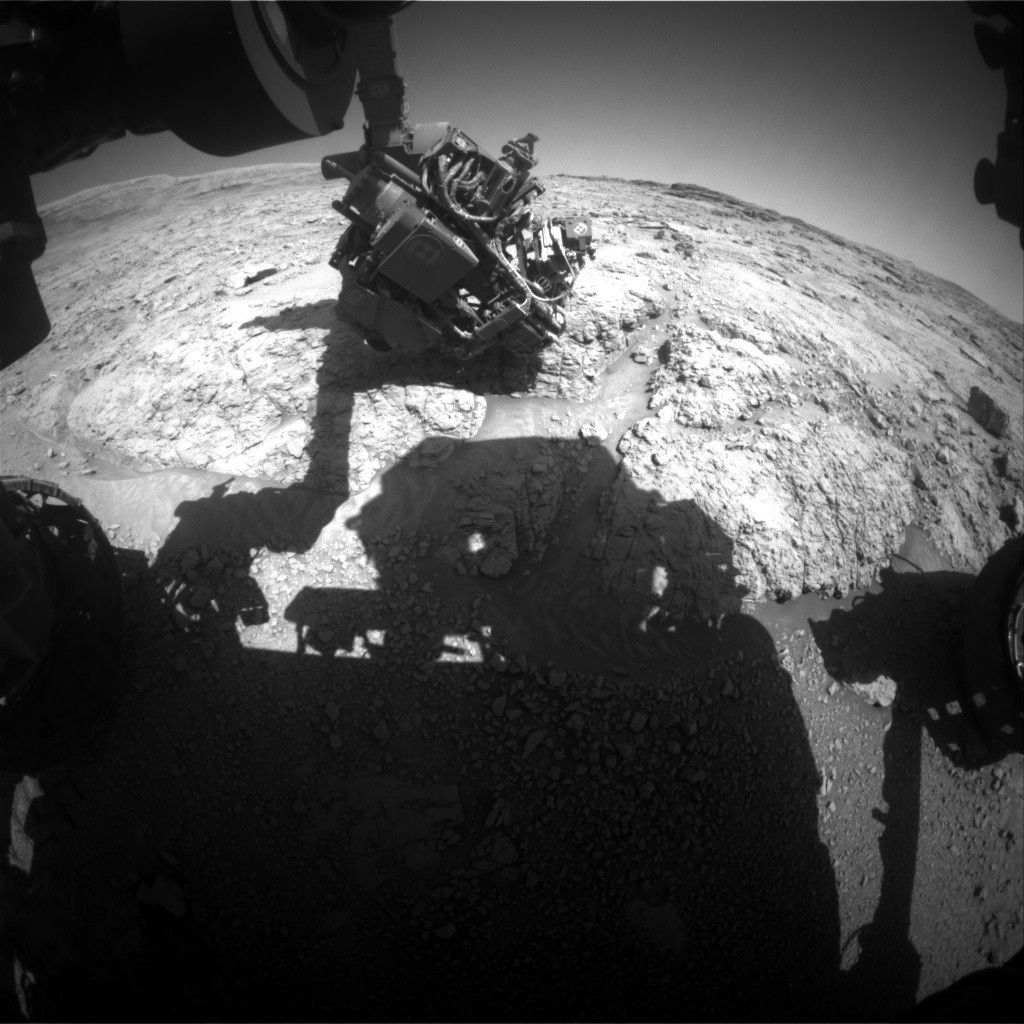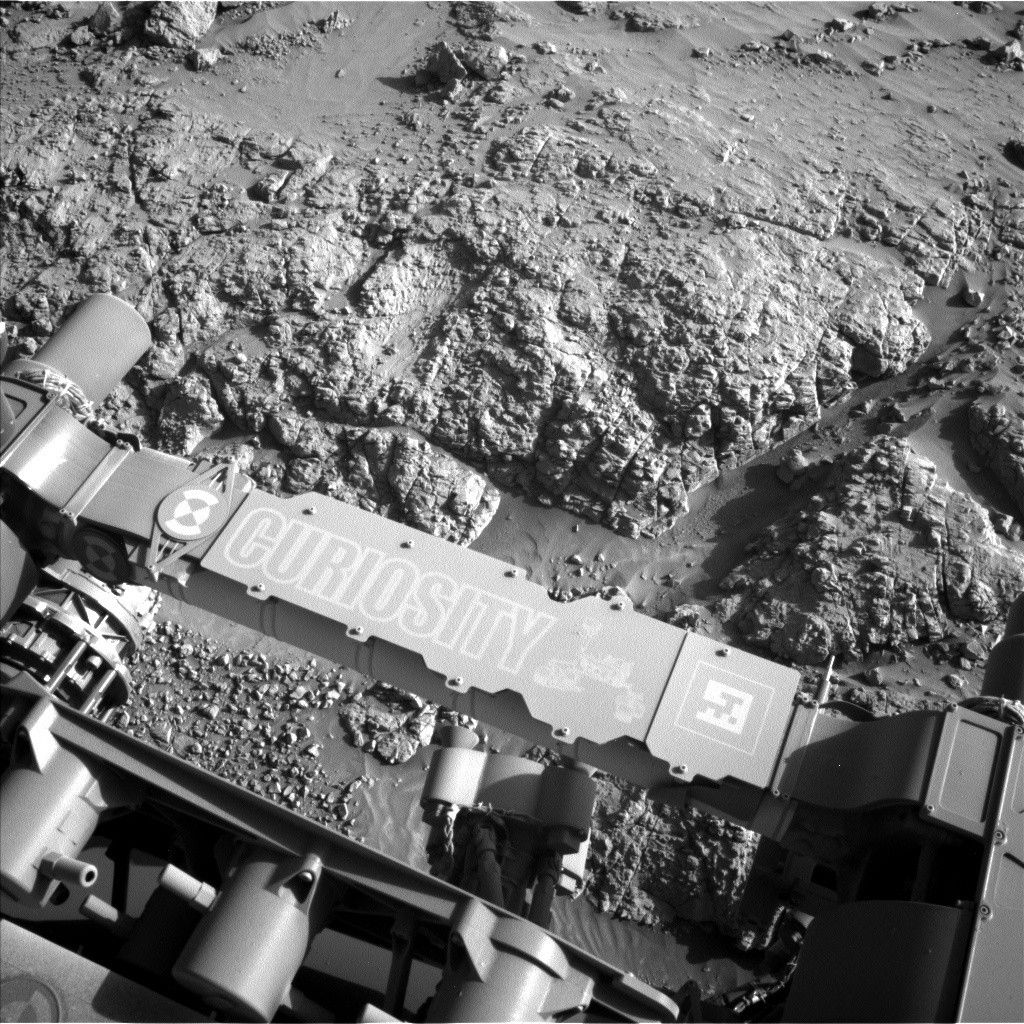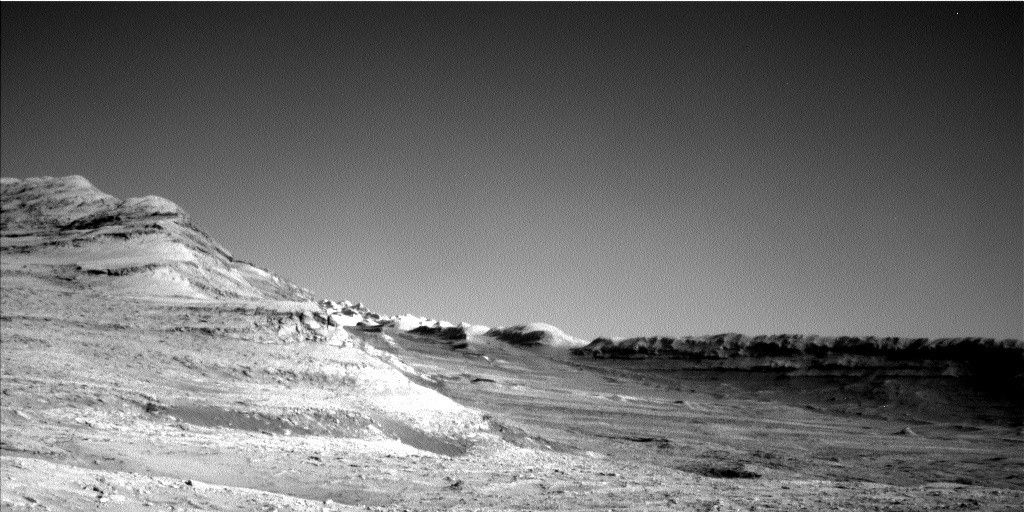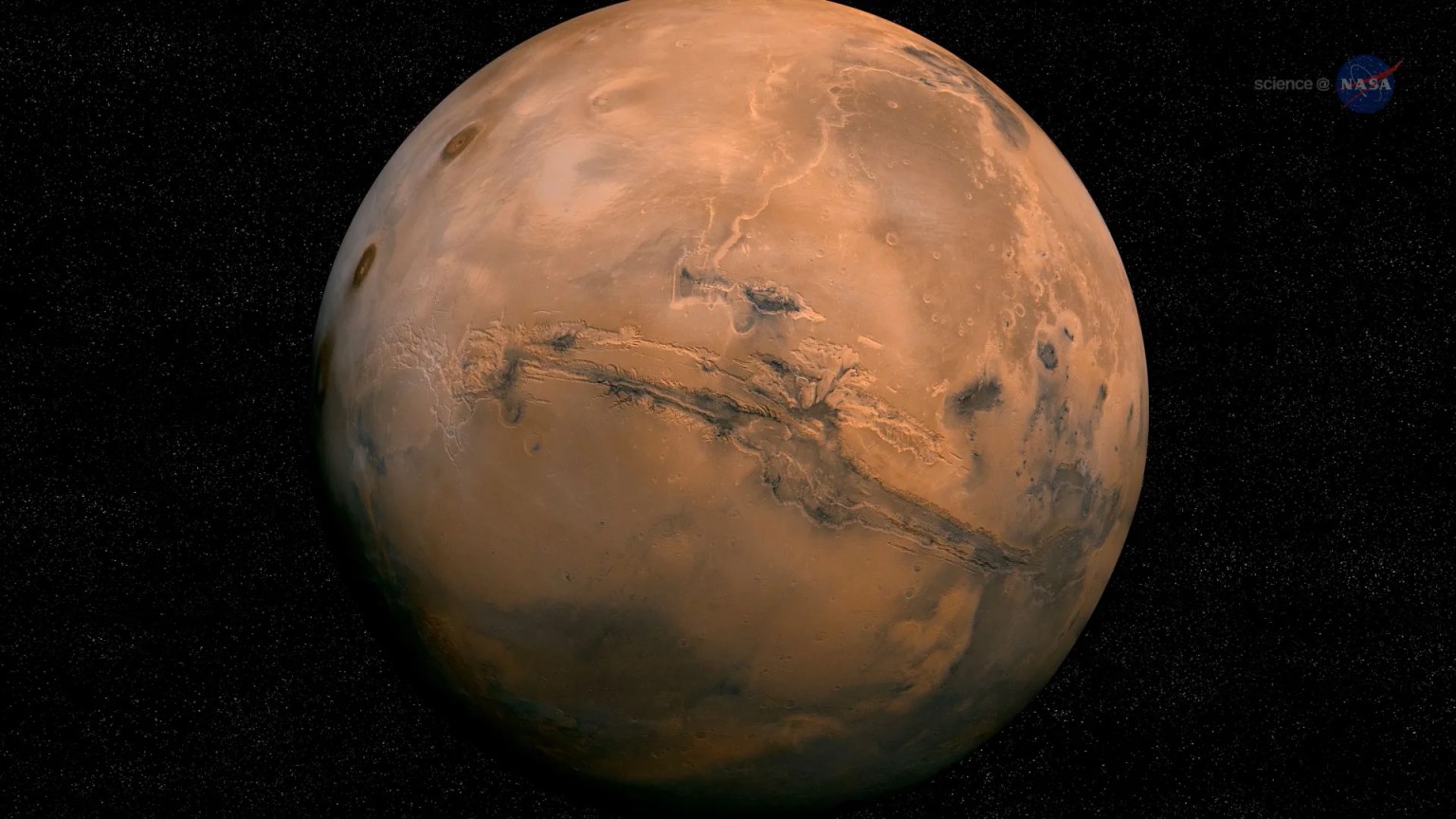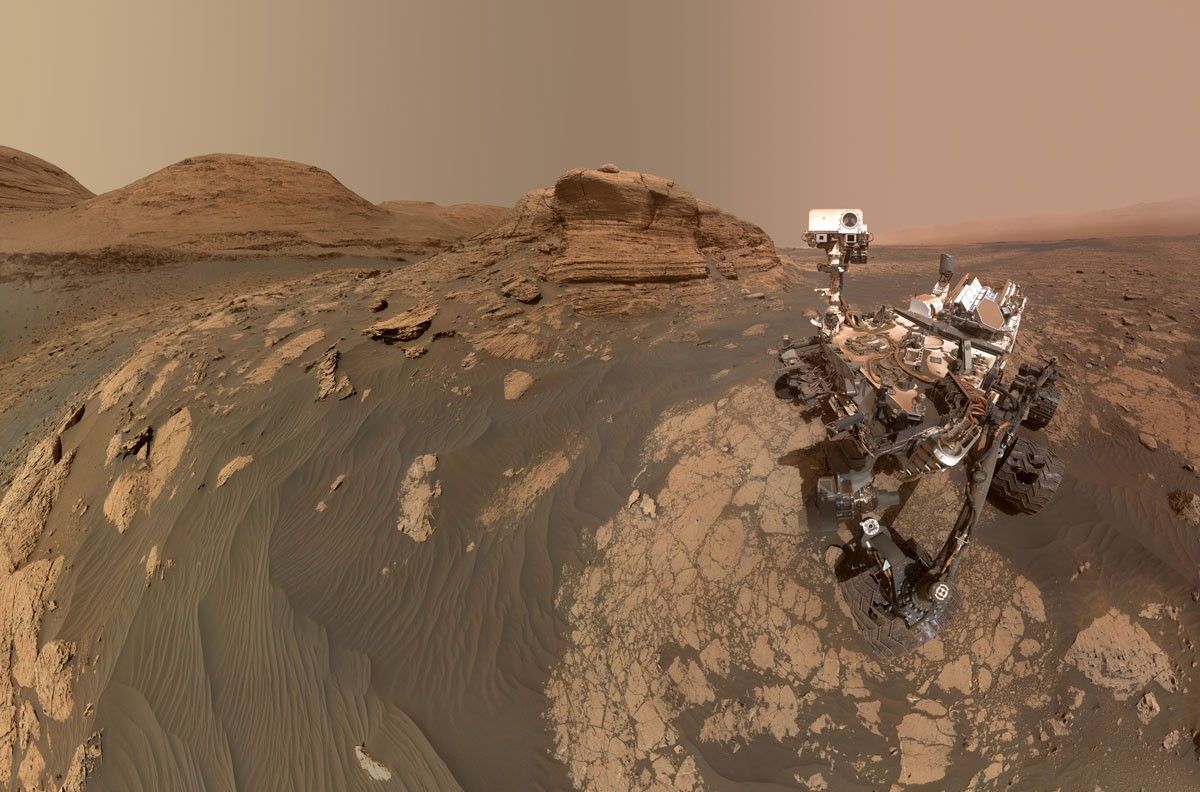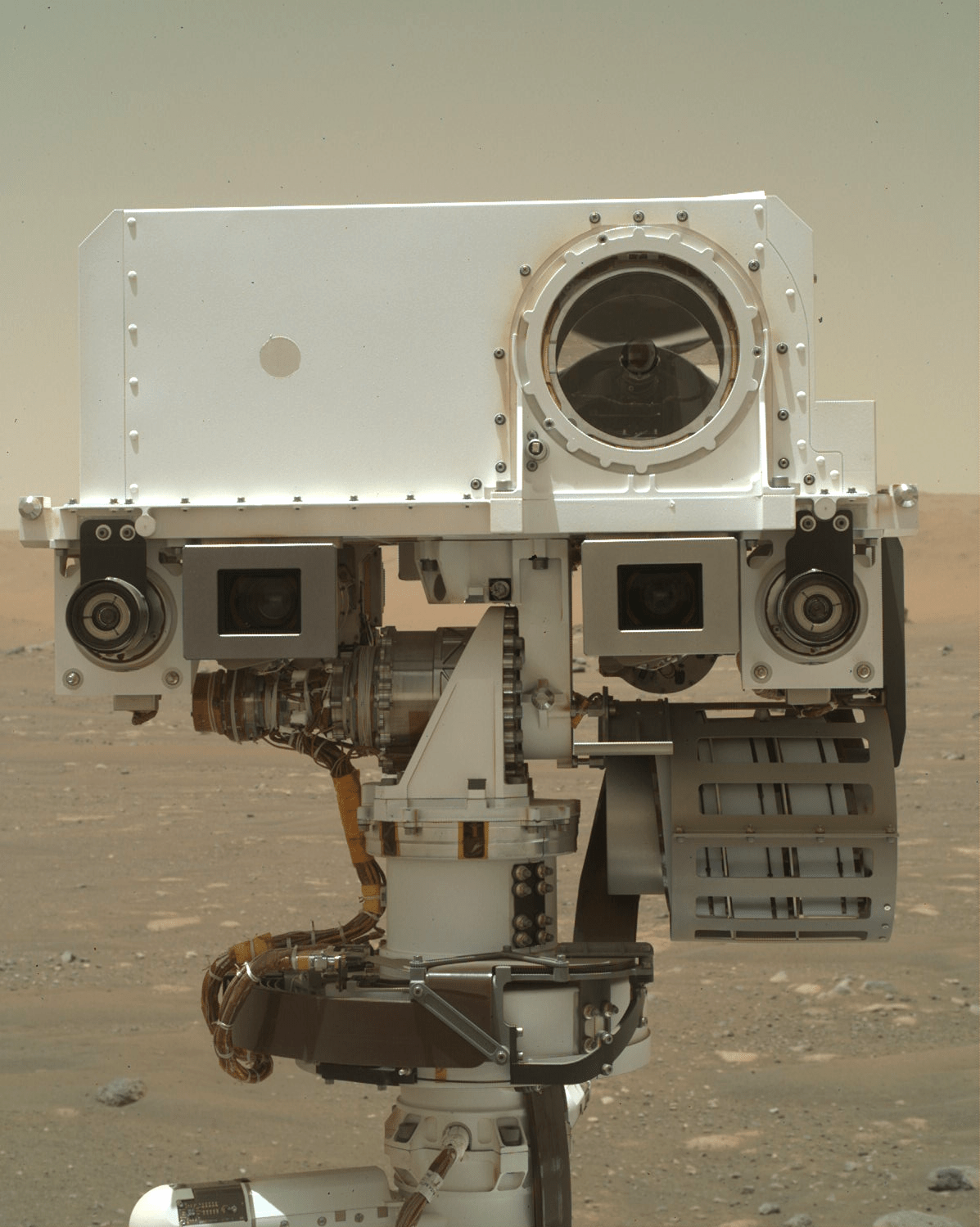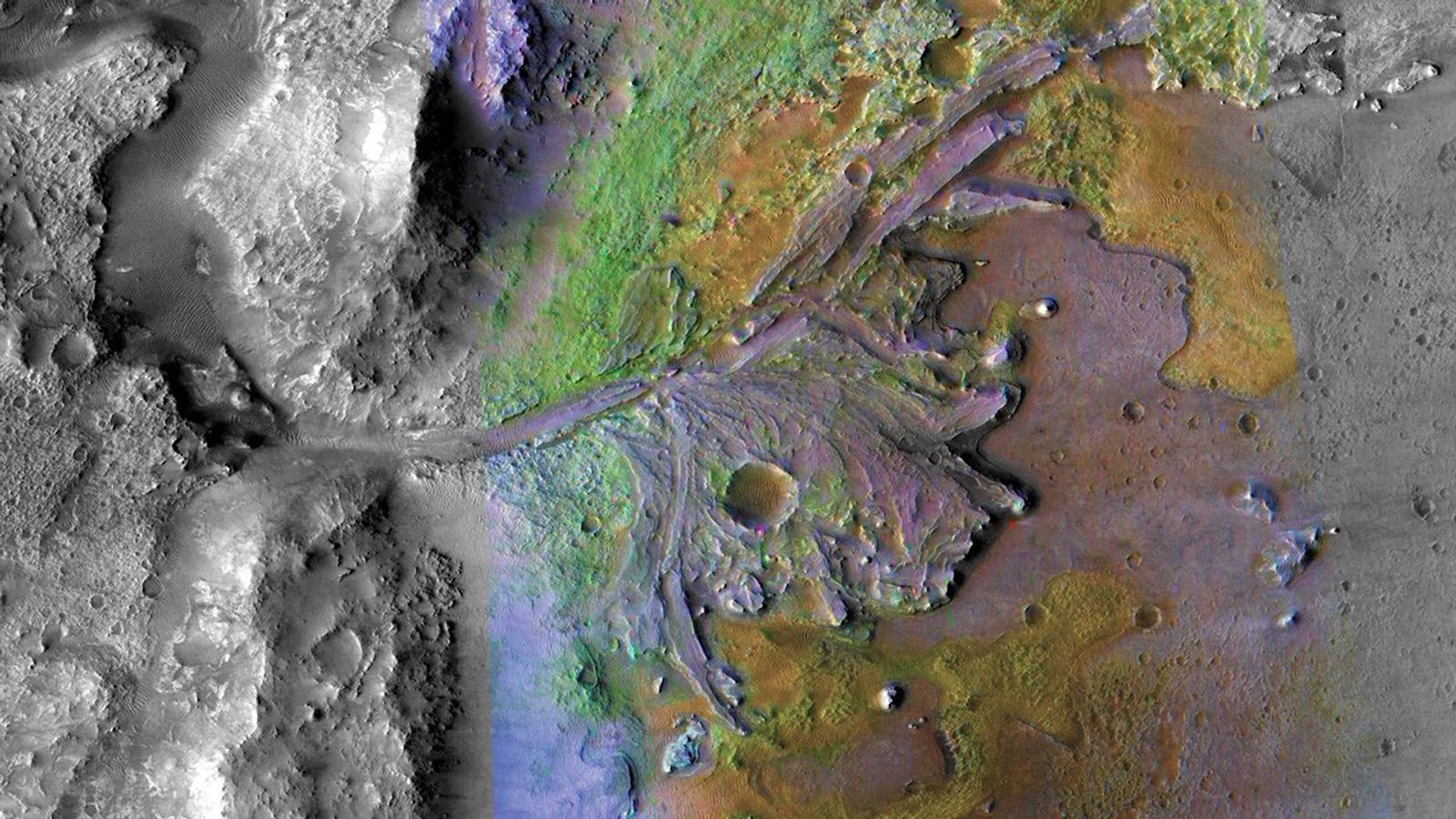Sols 4554–4555: Let’s Try That One Again…
- The Curiosity rover on Mars successfully completed its second attempt at collecting data after a temporary issue with the arm prevented it from doing so on Tuesday.
- The rover collected additional mosaics of nearby features, including a 15×2 Mastcam mosaic of the “Mishe Mokwa” hill and an 11×2 Mastcam mosaic of fractures near “Lake Cachuma”.
- The team also conducted a second RMI (Rover-mounted Multispectral Camera) mosaic of the “Texoli” butte, as well as a ChemCam LIBS observation on a target named “Santa Monica Bay”.
- Additionally, the rover will continue to monitor its environment with REMS, RAD, Navcam, and Mastcam observations.
- The rover’s second attempt at collecting data was made possible by sticking around for an extra day, allowing the science team to collect more valuable data and images of the Martian landscape.
2 min read
Sols 4554–4555: Let’s Try That One Again…
Written by Abigail Fraeman, Planetary Geologist at NASA’s Jet Propulsion Laboratory
Earth planning date: Wednesday, May 28, 2025
We came in early this morning and learned that part of Tuesday’s plan didn’t execute on Mars due to a temporary issue with the arm. We collected APXS data on the target “Palo Verde Mountains,” but were not able to take the corresponding MAHLI images or drive away. So it was a straightforward decision for the planning team today to pick up where we left off yesterday, giving ourselves a second chance to collect the MAHLI observation and then complete the same 29.5-meter drive to the west (about 97 feet) that we had planned on Tuesday.
We love making lemonade from lemons when things don’t go exactly as expected in rover tactical planning, and today was no exception. Since we’re sticking around for a little bit longer, the science team decided to collect additional mosaics of impressive nearby features, including a 15×2 Mastcam mosaic of the “Mishe Mokwa” hill and an 11×2 Mastcam mosaic of fractures near “Lake Cachuma.” We’re also having another go at taking the epically long, long-distance RMI mosaic of a crater 91 kilometers away from Curiosity (almost 57 miles) that we planned yesterday, and we’re playing around with the focus settings to see if we can get a sharper image.
The team also had time for a second RMI mosaic of our very well-imaged “Texoli” butte, and a ChemCam LIBS observation on a target named “Santa Monica Bay,” which is just above the “Sisquoc River” target we observed yesterday on the bumpy rock in our workspace. As usual, we will also continue to monitor the environment around us with REMS, RAD, Navcam, and Mastcam observations.

